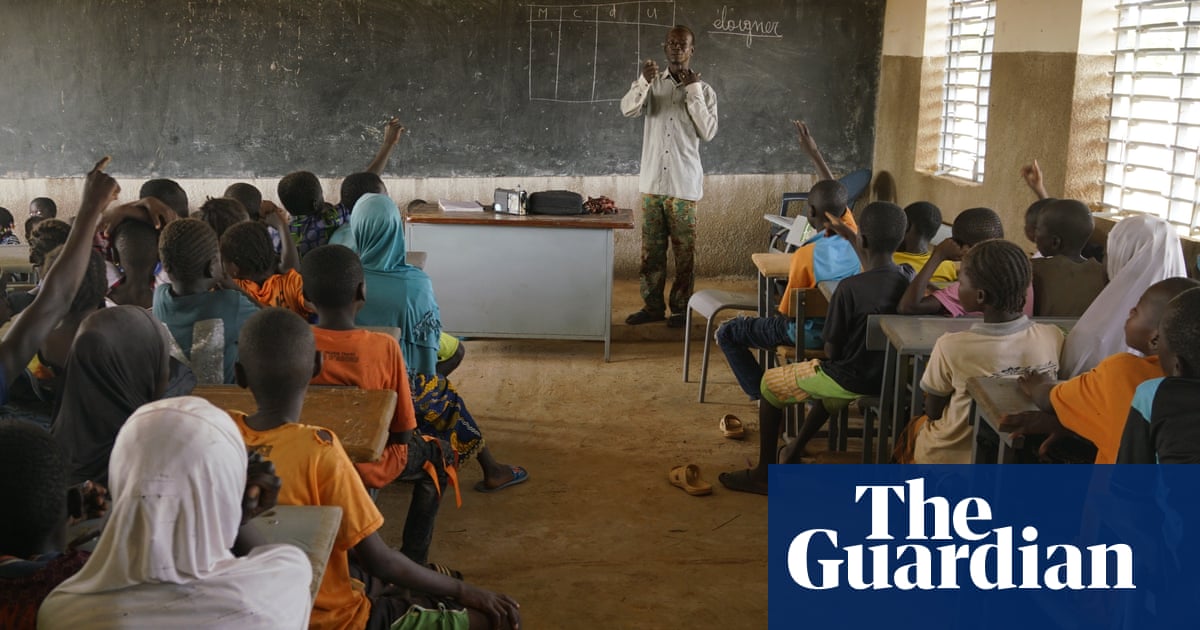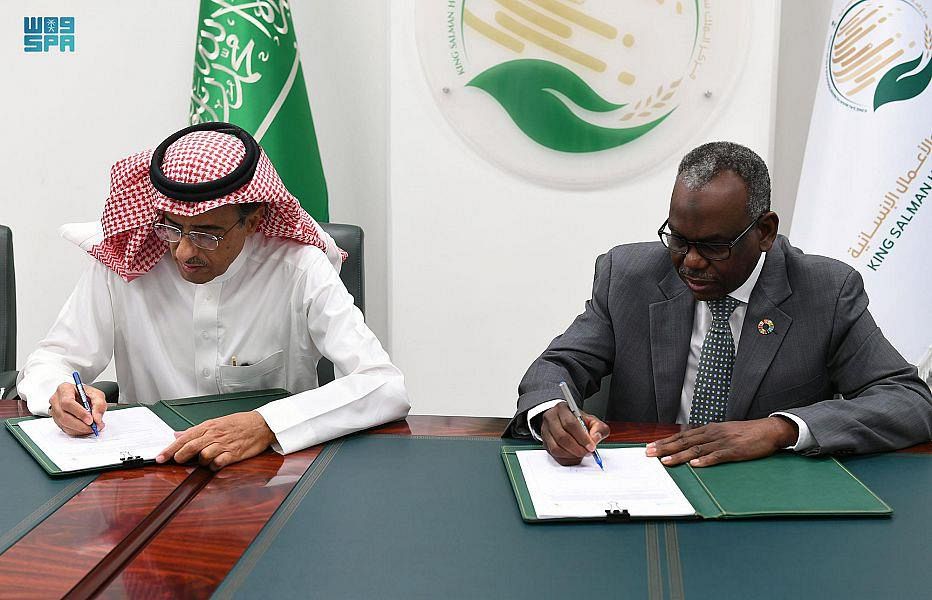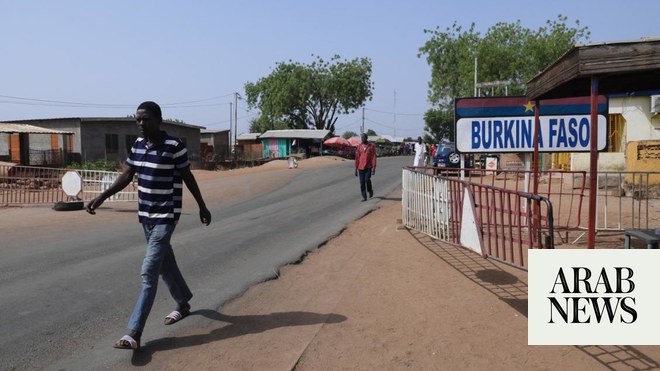
Every time the students at a remote school in Burkina Faso’s Nord region hear the sound of a motorcycle in the distance, they rise from their benches and nervously turn their heads towards the window.
The sound reminds them of an incursion into their village by terrorists in June 2022. The jihadists told teachers to leave the village on the grounds that they were government employees and for a time children were kept to their houses. It was only this month that teachers returned.
The Nord region is one of the areas most heavily affected by the jihadist insurgency that swept into Burkina Faso from neighbouring Mali in 2015. Nearly a third of the country lies outside the government’s control, according to official estimates. More than 10,000 civilians, troops and police have died, according to an NGO count, while at least 2 million people have been displaced.
Issu Sawadogo, a farmer, took a deep breath and swallowed hard as he recounted the incursion. “The jihadists, our brothers, they took up arms and revolted against us,” he said. “They told us that if we didn’t follow their orders, we would lose our lives.”
Local children did not go completely without education after the jihadist incursion thanks to the Radio Education Programme (REP), which provides educational material for young people who cannot attend school due to the insecurity.
Under the scheme, which is run by the education ministry with the financial support of Unicef, 70 families in the village received a radio, a flash drive and a solar panel. Between February and July this year, before the two-month summer break, children tuned in at 4pm every day to listen to lessons broadcast from a studio 18 miles away in Ouahigouya, the capital of the Nord region.
Sawadogo was chosen by the community to help implement the programme. Sometimes the children went into their classroom to listen; sometimes they listened at home.
Bertrand Joël Sian is head of programming at Radio Notre Dame du Sahel, which is responsible for broadcasting classes to the region. “We have 72 classes for maths, reading and writing,” he said. “The programme is designed so that students can continue to learn and develop a love for what they are doing, even though maths can be challenging at times.”
According to Bertrand, the broadcasts can reach at least 200,000-300,000 students who do not have access to classrooms, but they are also designed to help students who are in school with revising topics.
Yani Ampa, an REP advocate on the ground, said it was important to understand the plight of children living in villages that had been attacked by terrorists. “Before starting the class, we broadcast a brief comment to prepare them,” Ampa said. “It’s important to encourage their participation in the broadcast and remind them to behave.”
According to Unicef, 6,149 schools remain closed due to violence and insecurity in Burkina Faso, leaving 1 million students out of school.
“The place for children is in school, not wandering aimlessly in nature,” said Sawadogo.
Sawadogo remembered a day in April this year when students listening to a broadcast at school heard gunfire and had to react quickly. “I closed the windows and told all the children to stay still,” he said. “Then I organised them into groups by neighbourhoods, and they were able to go home.”
The broadcasts have continued even as children have returned to school. Whenever there are fears that jihadists may enter the village, students are advised to leave their classrooms and follow lessons from home.
“Good morning, and welcome to I Want to Learn, the radio programme to learn maths, reading and writing,” a voice says as radio lesson begins. “Wherever you are, welcome. I’m Mariama, a student just like you!”












